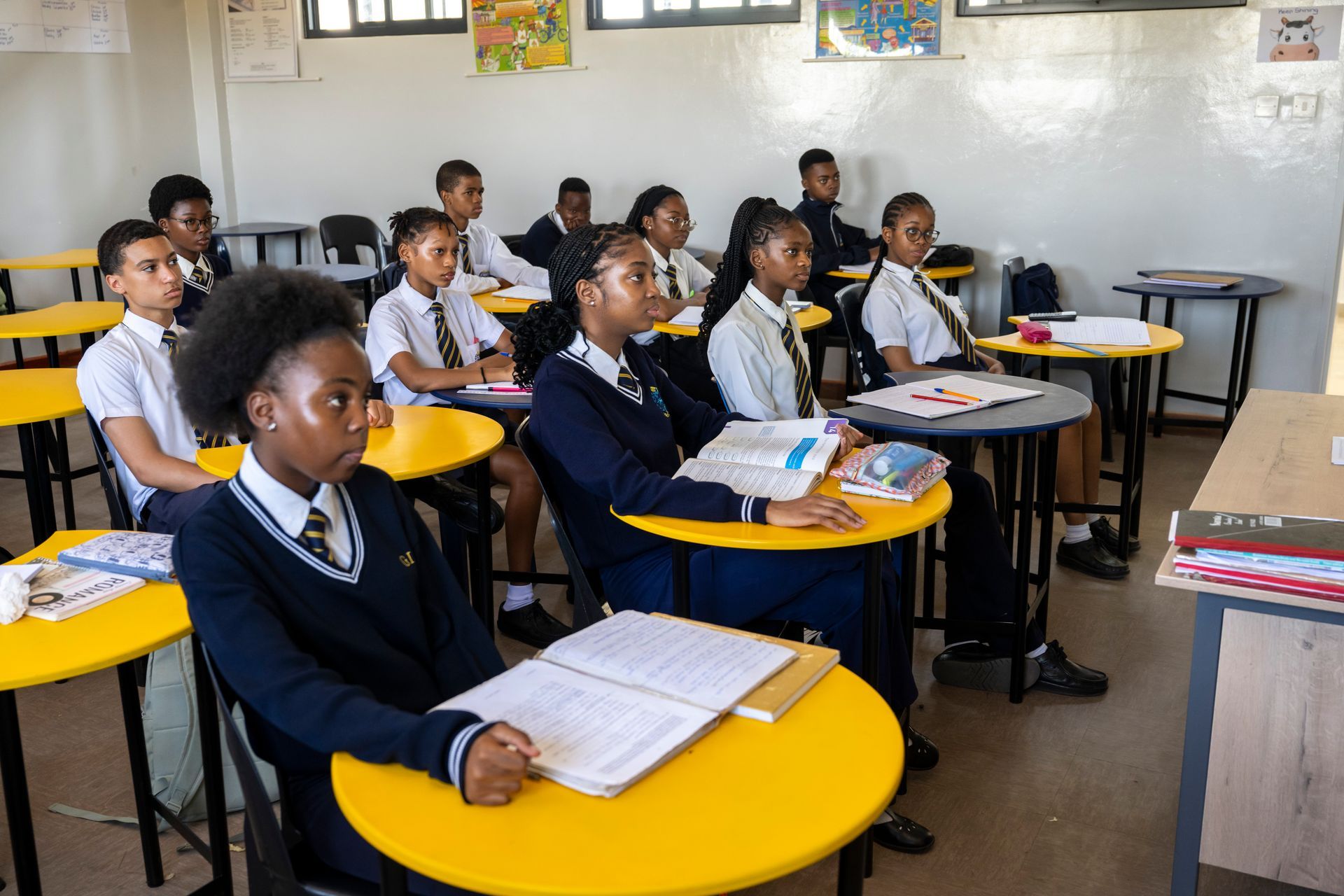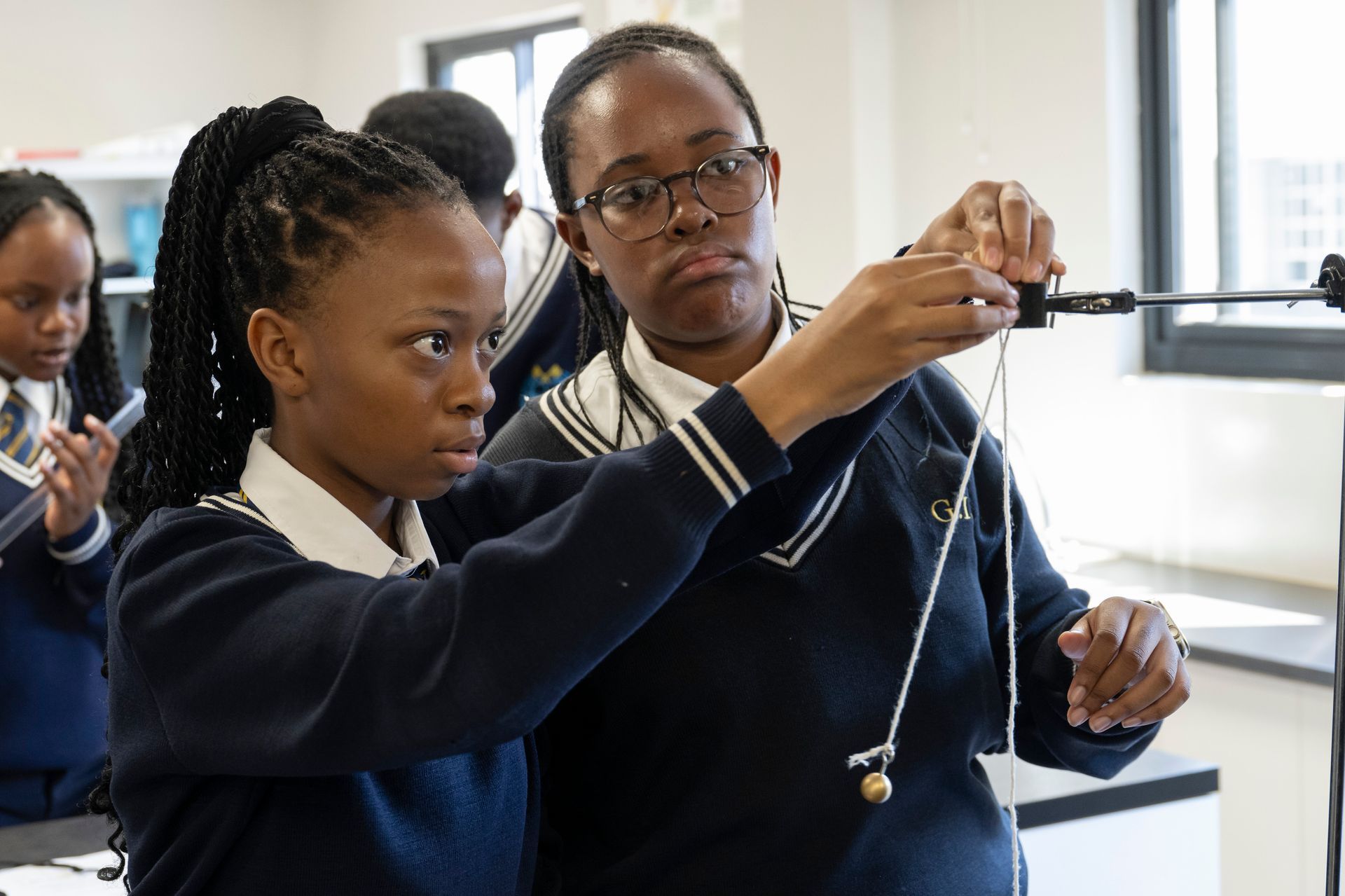Everything you need to know about IGCSE
Hey parents and students, if you are reading this blog post then chances are that as a parent you have enrolled/want to enrol your child into an IGCSE school and you would like to understand the curriculum, or as a student, you want to find out what is different about this curriculum and what advantages it gives to you. Well, in this post we are going to delve into all you need to know about IGCSE.
What is IGCSE?
IGCSE stands for International General Certificate of Secondary Education. It is the international equivalent of the General Certificate of Secondary Education that is used by schools in the United Kingdom. This international qualification was adapted by Cambridge Assessment International Education (CAIE) in 1985 for students studying outside the UK. It is now a popular international qualification for students aged 14-16.
Almost all the private schools in Botswana offer the IGCSE curriculum. IGCSE offers over 70 subjects, and the syllabus has both international and local elements. Each school offers its own selection of subjects according to the demand for the subject. There has been no school in Botswana that is able to offer all 70 of them, however, each school offers at least 15-20 subjects that students can pick from.
Gaborone International School offers 16 subjects that are offered in specific combinations. A student can only pick 8 subjects out of these 16.
The 16 IGCSE subjects offered at GIS are:
· Mathematics,
· English,
· Biology,
· ICT,
· Computer Science,
· History,
· Physics,
· Business Studies,
· Chemistry,
· Accounting,
· Travel and Tourism,
· Setswana,
· French,
· Literature,
· Geography, and
· Economics.
Schools normally have subjects that are compulsory like Math, English and Biology and the rest can be selected freely. These compulsory subjects give students basic skills that underpin courses that will be taken at the tertiary level. The IGCSE assessment is conducted at the end of the course. Assessments include written oral, coursework, and practical assessment. This way, students are given the chance to exhibit their learning abilities.
Difference Between Core and Extension Curriculum
There is an option between Core and Extension curriculum papers in various subjects to allow students with different learning abilities to pursue a challenging subject. The Core curriculum is within the range of abilities of most students as it provides a comprehensive overview of the subject and is intended for students with grades ranging from C to G.
The Extended curriculum is intended for students who are more academically capable than the vast majority. The grades of these students range from A* to E. Under the guidance of the subject teacher, students choose between core and extended. The IGCSE examinations are held thrice a year in February/March, May/June and October/November. Students sit for examinations in international schools or at private examination centres.
Most schools opt to write exams in October, and this gives students enough time to prepare but exams can be written in February or May depending on the school’s ability. The results for exams written in February are released in May, those written in May are released in August that year and results for exams written in October are released in January the following year. Each subject is graded from A* to G, with A* being the highest grade, however the highest grade for Core curriculum papers is a C.
There are many reasons why your child should study IGCSE.
· Firstly, The IGCSE curriculum is designed to give students a strong foundation in the core subjects essential for higher education and beyond. Rather than simply focusing on theoretical knowledge, the IGCSE curriculum encourages students to think critically, solve problems, and apply their knowledge to real-world situations. This approach helps students develop a range of skills that are highly valued by universities and employers.
· Secondly, IGCSE is widely recognized as a high-quality qualification that universities and employers around the world accept. This makes it an ideal choice for students who are planning to study abroad or who are interested in pursuing an international career.
· Lastly, IGCSE offers flexibility and choice. The IGCSE curriculum has many subject options that allow students to tailor their studies to their interests and strengths. This makes it ideal for students looking for personalized learning and tailored education.
In a nutshell, the IGCSE curriculum is globally recognized and a great choice for students who are looking to study abroad after IGCSE. Tertiary education as well as colleges overseas mostly accept IGCSE qualifications. That’s it, all you need to know about IGCSE.
GIS is a great choice for students who are interested in an IGCSE school. The school offers a wide range of subjects and has a strong reputation for academic excellence. For more information on why you should choose GIS.



